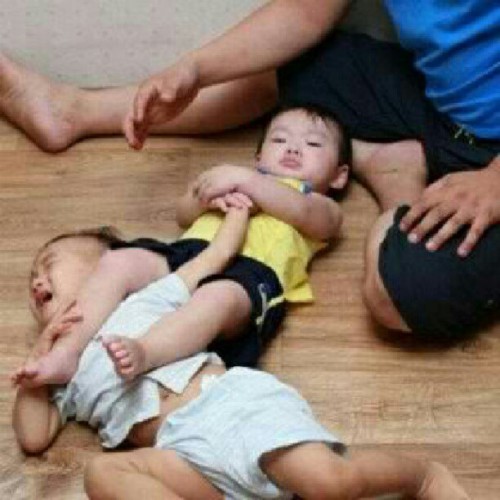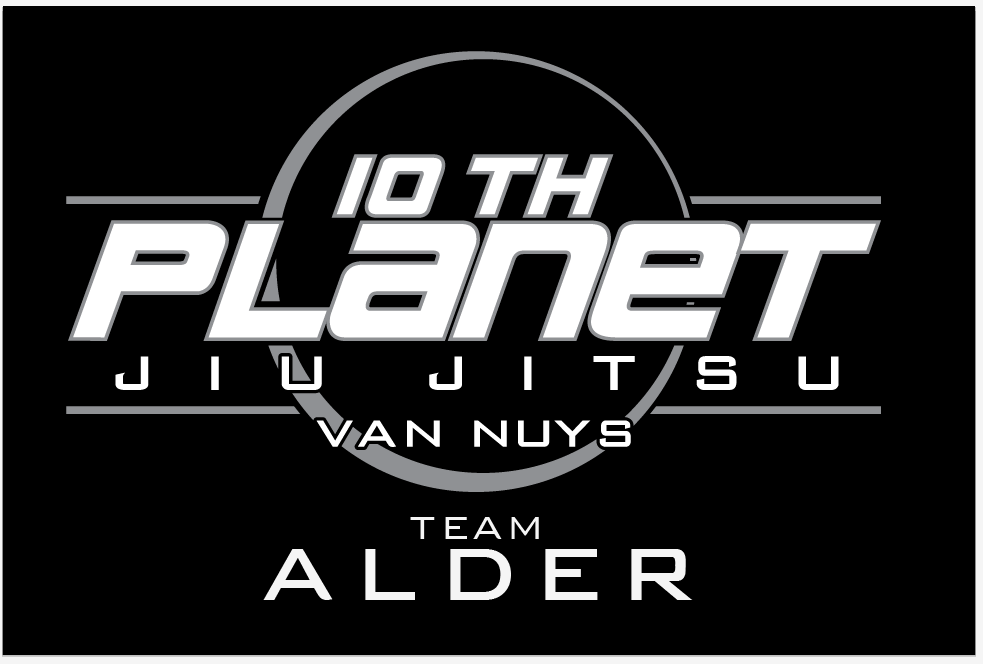This is a great article by ADCC vet, David Avellan. It talks about many of the same principles I believe in! It talks about discipline, motivation, consistency, goals etc. IT’S a MUST READ!!!
Underground Blogger David Avellan, along with his brother Marcos, founded South Florida’s Freestyle Fighting Academy (FFA) in 2001, and has trained fighters for the UFC, WEC, Bodogfight, EliteXC, Strikeforce, among many other promotions.
Most people that begin martial arts do not have it.
They come to the martial arts with the idea of learning it, not realizing how important it really is.
Every person who quits doesn’t have it.
Those that stick with it begin to develop it.
Like a muscle, it grows stronger with use.
With it you have the power to accomplish anything you desire.
What is it?
.
.
.
.
.
.
Discipline
It is the single, most important aspect of developing greatness.
To be able to reach the high levels of aptitude required for championship level performances, you must be able to stick to a structured training regimen for a long period of time.
The path to greatness is very treacherous – filled with dangers and wicked twists that will throw off all but the few souls that possess the will and the discipline to stay the course.
Being disciplined means that no matter what is happening in your life, you will complete the task you set out to do every day.
It doesn’t matter if you are tired, sick, grumpy, have a hot date, have work to do, or (add your favorite excuse here) – you do what needs to be done.
When you have your own team of trainers, you don’t require that much discipline. Your coaches ARE the discipline. They will call you, contact your family, or even come to your house to make sure you train.
To be a self-made champion, you need to have discipline. While this can be a challenge, the rewards of having a high level of discipline are well worth the price of attaining it.
The Challenge
When you first start a new program, it is easy to stick to it. You are excited and pumped up to get results and have fun.
As time passes, the initial high fades. That is when your discipline (or lack of it) will kick in.
Those of little discipline quit quickly. They find all sorts of excuses to not fulfill their duties.
Those with discipline buckle down and stay with the program.
They have to push themselves out of bed, hype themselves up, and get their butt moving.
The hardest part is deciding to follow through. Once they are in the gym, it is relatively easy.
How do you Develop Discipline?
Discipline is like a muscle – it develops with use.
You train for discipline just as you would setup a weight lifting program, by increasing the difficulty gradually over time.
A simple way to start is by giving yourself a daily task to perform that is easy.
For example, set out to do 20 pushups every morning when you wake up.
This is not very challenging (physically), but you will find that sticking to this can be mentally challenging.
One day you will get up and be in a rush to do something. As a result, you forget to do it. Then you just drop the whole regimen altogether, deciding that will start over again tomorrow…
…And we all know how long in the future that tomorrow will be.
The key to developing discipline is consistency. You HAVE to do what you set out to do. No ifs or buts.
To keep yourself accountable, write down your discipline challenge and place it on a wall that you will see every day. This will be your reminder to do your task.
Start off with a simple task, such as:
•   20 pushups
•   20 sit ups
•   1 mile run
•   20 repetitions of your favorite technique
Once you master this challenge and are able to stuck with it for at least 2 weeks, add another simple challenge or increase the difficulty of your challenge (instead of 20 pushups, do 30).
In this fashion you will continue you to develop your discipline, but there is one more thing required.
Motivation
The reason it is easy to start something new is because you are motivated.
You watched a UFC and got pumped up to “train UFC” and become the next Anderson Silva.
In those first few weeks, you are riding the high of your initial motivational source.
However, motivation is like a cup of water with a leak.
Over time, your motivation drains out of your body and before you know it, you could care less about becoming a UFC champion.
Even someone with superb discipline would have a hard time rationalizing the effort required to stick with a tough program without the proper motivation.
So how do you stay motivated?
Simple, keep filling up that cup!
You need to have a wealth of motivational sources. Think of them like wells of water.
A good motivational source can supply you with endless amounts of motivation.
A bad motivational source gets tapped out with a few uses.
Motivation goes hand in hand with getting or visualizing results. When you picture yourself with the UFC belt around your waist, and the feeling you would have being known at the baddest man on the planet, that might motivate you to train hard.
Everyone is different, so you have to find out what motivates you. You then want to protect these sources and make sure you can call upon them whenever you need to.
Motivational sources can be:
•   Books
•   Movies
•   People
•   Objects
•   Memories
•   Goals
•   Results
Once you have a sufficient amount of sources to keep you motivated, you can truly begin the process.
Discipline Building Process
1.   Write down your discipline challenge (20 crunches)
2.   Write down your key motivation for completing the challenge (I want to get six-pack abs)
3.   Post them somewhere where you will see them every day.
4.   Complete your challenge every day, no matter what happens.
5.   When you are struggling, read your key motivation, visualize the results, and get pumped.
6.   Once you mastered the challenge, increase the difficulty or add a new challenge.
Believe and Achieve,
David Avellan
http://www.DavidAvellan.com
Link to article







